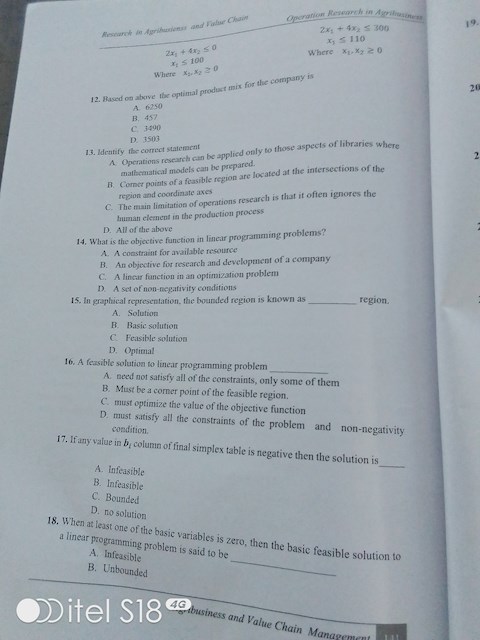1 answer
A hypothesis is a proposed explanation or statement that suggests a relationship between two or more variables. It is a tentative proposition or prediction that can be tested and evaluated through scientific research or investigation. Hypotheses are often used in the scientific method as a starting point for formulating experiments and gathering evidence to support or refute them.
In scientific research, a hypothesis typically consists of two components:
- Independent variable: The independent variable is the factor or condition that is manipulated or changed by the researcher. It is the cause or predictor variable that is hypothesized to have an effect on another variable.
- Dependent variable: The dependent variable is the factor or condition that is observed or measured to determine the outcome or response. It is the variable that is hypothesized to be influenced or affected by the independent variable.
A hypothesis is formulated based on prior knowledge, observations, existing theories, or logical reasoning. It serves as a proposed explanation for a particular phenomenon or research question. The purpose of testing a hypothesis is to gather empirical evidence and data to support or reject it, ultimately advancing scientific knowledge and understanding.
It's important to note that a hypothesis is distinct from a theory. While a hypothesis is a specific, testable statement, a theory is a broader, well-substantiated explanation that has withstood extensive testing and evidence. A hypothesis can contribute to the development or refinement of a theory if it is supported by empirical data and aligns with existing scientific knowledge.

